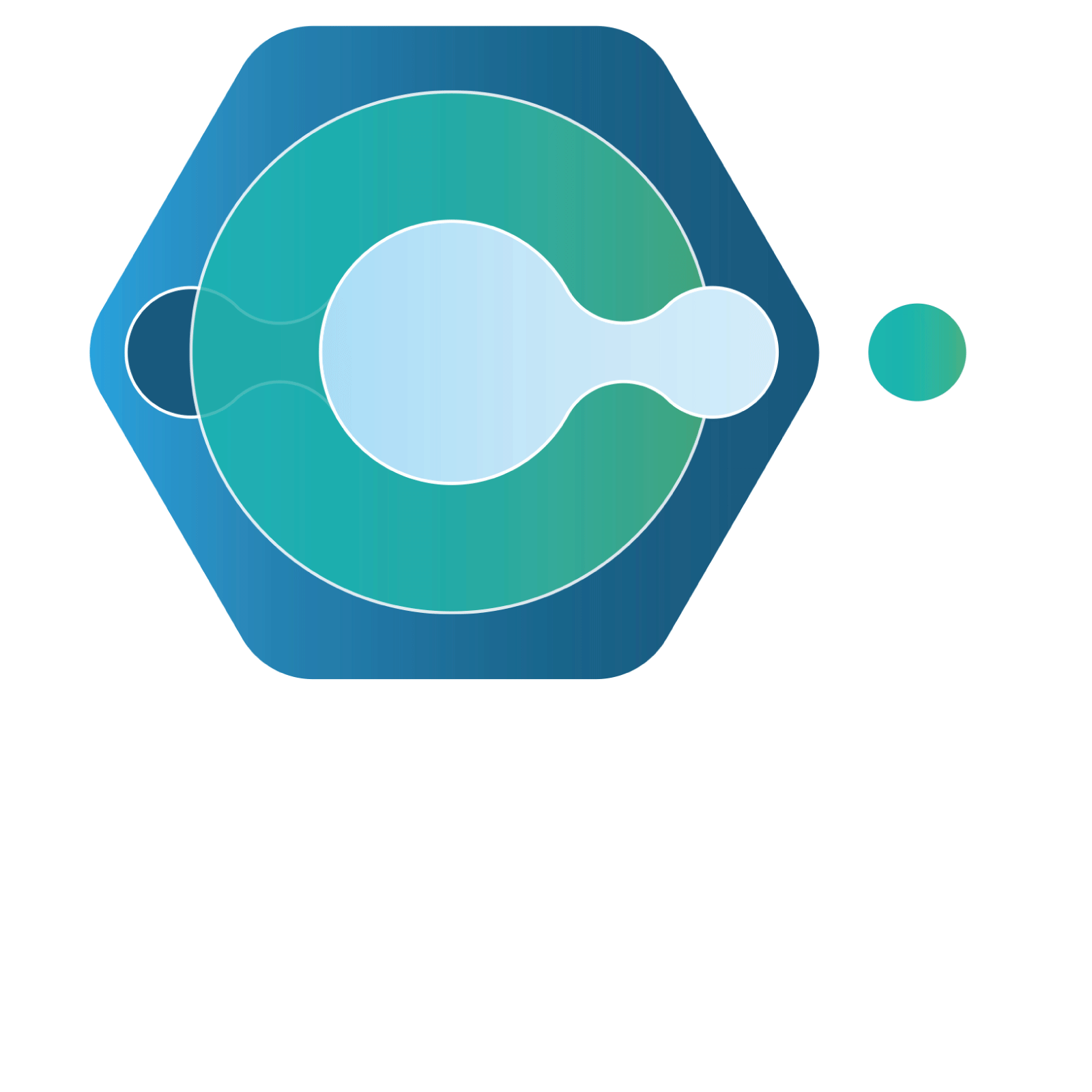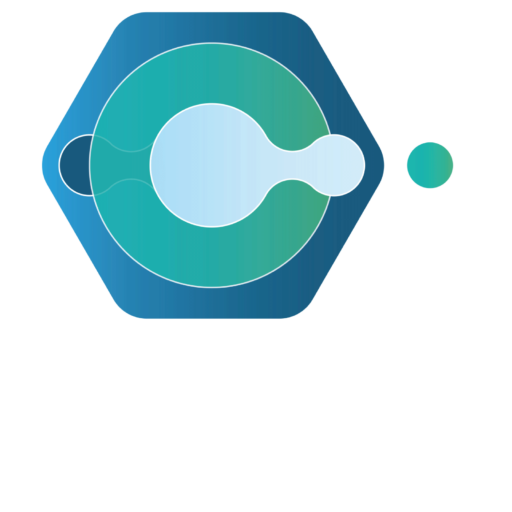Prop-Tech
Prop-Tech
Persistent reliance on traditional building methods is wreaking havoc on the environment and delay evolution a holistic approach to urban planning. Outdated practices contribute to resource depletion, excessive energy use, environmental pollution, dilapidated infrastructure, and public, private transportation turmoil. In the other hand, the smart cities promise transformative benefits, the reliance on interconnected devices and cloud based IoT applications raises a significant concern, the vulnerability to data breaches and privacy violations. Urgent action is needed to shift towards eco-friendly alternatives and greener urban planning that prioritize long-term environmental well-being, promote inclusivity, and quality of life, while addressing the critical challenge of securing smart city technologies to safeguard resident privacy and maintain the reliability of essential services.
According to the latest studies, the construction sector contributes to 23% of air pollution, 40% of drinking water pollution, and 50% of landfill wastes. In natural resources, the industry consumes 40% of the world’s usage in raw stones, gravel and sand and 25% of its virgin wood per year. This will lead to a run out of many crucial natural resources in the future. In biodiversity, construction work and loud machines during the night impact wildlife, it is only a part of a much more complex problem. For relates to the atmosphere, the construction sector is responsible for 39% of energy and process-related carbon dioxide emissions, in addition to PM10 created from dust in the construction sites and it is invisible that is causing serious health problems for humans and animals. Furthermore, the construction industry creates 59% of waste.
However, prop-tech does not address only construction and the environment, but also the creation of smart cities challenges that we embark on the journey towards smarter, more connected cities, ensuring the resilience of these systems against cyber threats becomes a critical aspect of realizing the positive vision for the future of urban living.
The construction industry must undergo a significant transformation to mitigate environmental impact, encompassing changes in materials, technology, and architectural practices. Embracing property technology (PropTech) and smart cities offers a comprehensive urban planning solution, not only advancing technology but also fostering sustainable, inclusive, and thriving communities. Neglecting these solutions poses risks to the environment, public health, and long-term property development, emphasizing the need for continuous innovation in cybersecurity and ethical guidelines. Including:
- Stalled progress in construction
- Delivery Problems
- Data breaches
- Privacy violations
- Data scambling
- Global Warming
- Air and water pollution
- Hydrological impacts
- Biodiversity loss (including animal diversity)
- Health problems for humans and animals
- Disappearance of natural resources

Prop-Tech Importance:
The importance of Aerospace technology, commonly known as Aerotech, is profound and multi-faceted, influencing various aspects of modern life. Integral to global connectivity, security, innovation, economic prosperity, and the pursuit of knowledge, Aerospace technology’s impact extends beyond the aerospace industry, shaping various facets of society and contributing significantly to the advancement of humanity.
Here are key points highlighting the significance of Aerospace technology:
Prop-Tech introduces automation and digitalization, streamlining various real estate processes. This includes property management, tenant interactions, maintenance, and financial transactions, leading to increased operational efficiency.
The use of technology in real estate improves the overall customer experience. Prop-Tech platforms often include user-friendly interfaces, virtual property tours, and online communication tools, making it easier for buyers, sellers, landlords, and tenants to engage with the market.
Prop-Tech leverages data analytics and business intelligence, providing valuable insights into market trends, property performance, and investment opportunities. This data-driven approach empowers stakeholders to make informed decisions.
Blockchain technology in Prop-Tech enhances transparency in property transactions. Smart contracts and decentralized ledgers ensure accountability, reducing the risk of fraud and disputes.
Implementing Prop-Tech solutions often leads to cost savings by automating repetitive tasks, reducing paperwork, and optimizing resource utilization. This is particularly evident in energy-efficient building management and maintenance processes.
Prop-Tech innovations, such as Building Information Modeling (BIM) and virtual reality, revolutionize the design and construction phases of real estate projects. These technologies improve collaboration, reduce errors, and enhance the visualization of projects.
Digital platforms and online marketplaces in Prop-Tech provide increased accessibility to real estate opportunities on a global scale. Investors can explore and engage with properties beyond their local markets, fostering globalization in industry.
Prop-Tech contributes to sustainable practices in real estate. Smart building technologies, energy-efficient systems, and environmental monitoring tools help reduce the environmental footprint of properties and support the transition to more sustainable urban living.
Prop-Tech solutions allow real estate professionals to adapt to changing market conditions and evolving consumer preferences. The agility provided by technology ensures that the industry remains dynamic and responsive to emerging trends.
Prop-Tech encourages collaboration between traditional real estate players and technology startups. This collaboration fosters innovation, bringing fresh ideas and solutions to the industry and promoting a culture of continuous improvement.
SEIYAJ TECH as a collaborative force, seamlessly cooperate with the Prop-tech innovators in software and hardware solutions, to localize and integrate among the top-notch innovations in the world delivering the best solutions that cover all the challenges faced in the property and smart cities sectors. SEIYAJ TECH is bringing the best solution to the governments to streamlined operations, cost savings, and enhanced tenant experiences while ensuring improvement in the long-term in natural cycle, people’s and animals health and reducing air and water pollution. In the broader context. SEIYAJ TECH is adopting property technology (Prop-Tech) and the vision of smart cities to incorporate advanced technologies to foster sustainable urban development in intelligent infrastructure, to connect systems smart cities, to enhance public services, to reduce environmental impact, and to create more resilient communities.
SEIYAJ TECH supportive effort will include all the stakeholders of Prop-Tech or property technology and smart cities. In private sectors like real estate professionals and developers, technology companies, smart infrastructure providers, energy providers, transportation providers, property management firms, architects and urban planners, construction companies, utilities and energy companies. For the public sectors like governments, ministries, municipal authorities, legal and regulatory bodies and agencies, transportation specialists/providers, public utilities, educational and research institutions. In addition to NGOs, consumers and citizens, investors and venture capitalists, environmental groups, accessibility advocates, data privacy advocates, insurance companies and other parties. SEIYAJ TECH is fostering partnerships with Prop-tech stakeholders and modern technologies to integrate property technologies into smart cities. SEIYAJ TECH leverage blockchain technology enabling secure and transparent property management system and software for advanced smart cities to reach the cutting-edge solutions and provide citizens with the best quality of life that they deserve while focusing on sustainable practices and a healthy planet for all living creatures.
Property Technology, commonly known as Prop-Tech, covers a wide array of technological solutions aimed at enhancing different facets of the real estate industry. When categorizing Prop-Tech into hardware and software components, it becomes evident that the industry utilizes a diverse range of technologies to improve efficiency, enhance user experiences, and address various challenges in the real estate sector. The integration of both hardware and software elements contributes to the holistic transformation of the property industry.
Here’s a division of Prop-Tech components into two categories:
Property Management Software:
Cloud-based platforms that streamline property management processes, including lease management, rent collection, maintenance requests, and communication with tenants.
Real Estate CRM (Customer Relationship Management):
Software solutions that help real estate professionals manage relationships with clients, track leads, and streamline sales and marketing processes.
Data Analytics and AI:
Software applications that leverage artificial intelligence and data analytics to provide insights into market trends, investment opportunities, and property valuation.
Blockchain Technology:
Software platforms using blockchain for secure and transparent property transactions, reducing the need for intermediaries and ensuring trust in real estate deals.
Building Information Modeling (BIM):
Software for creating digital representations of buildings and infrastructure, optimizing design and construction processes for energy efficiency.
Smart City Solutions:
Integrated software platforms for managing urban infrastructure, transportation, and public services with a focus on sustainability.
Smart Building Systems:
Hardware components such as sensors, IoT devices, and actuators are embedded in buildings to collect and transmit data. This data is crucial for optimizing building performance, energy efficiency, and security.
Virtual and Augmented Reality (VR/AR):
Physical property tours and design visualization are facilitated by VR/AR technologies. These immersive experiences often involve hardware devices like VR headsets to enhance property viewing and planning.
Robotics:
Drones and robots are used for tasks such as property inspections, maintenance, and construction monitoring. They contribute to efficiency and safety in property management.
Facial Recognition and Biometrics:
Security features in real estate are increasingly relying on facial recognition and biometric hardware for access control and authentication in smart buildings.
Green Building Technologies:
Hardware solutions for constructing and retrofitting buildings to improve energy efficiency, including energy-efficient HVAC systems, insulation, and sustainable materials to Lowers energy consumption, enhances occupant comfort, and reduces the environmental footprint of buildings.

